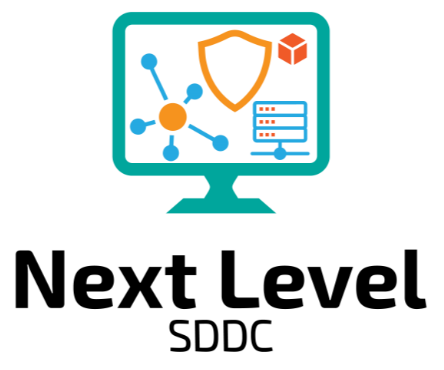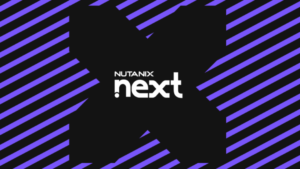As you should know, VMware Cloud (on public cloud that is) is now offered in six different cloud providers, but each providers offers different hardware, cost and features. In order to make the best educated decision for your needs, I am breaking down some of the key differentiating factors below. Unfortunately I will not be covering IBM or Ali Baba in this article since my experience with those 2 providers is minimal.

Some key highlights/differentiators below:
- AWS has the best “bang for your buck” host options if your infrastructure is storage heavy.
- Azure has good options if your workloads require lot of memory, but occupy less storage.
- Google is pretty well rounded right in-between both AWS and Azure (Memory, Storage and Price).
- Oracle has hands down the densest hosts being currently offered, but unfortunately the price also reflects that.
- Need more VM storage, but not necessarily more hosts? AWS is the only provider with options currently available.
- Option 1: Cloud Flex Storage leverages Datrium’s DHCI storage product behind the covers, and can easily mount through NFS. Simple to add, mount and calculate the cost.
- Option 2: Netapp ONTAP FSx brings all the enterprise features to VMC on AWS, and if your data has good efficiency savings, it can absolutely end up lowering the overall TCO for storage cost.
- Oracle has a huge advantage on the egress side of house against all providers. Traffic is completely free up to 10TB per month (and less than $100/month for another 10TB more).
- Looking to implement Kubernetes with a single management pane across clouds? VMC on AWS offers a single click activation of the Tanzu Kubernetes grid completely free as part of their solution bundle.
- Have you made an extensive investment into AWS and want to possibly expand your EDP savings? VMC it is then.
- If you like to fully manage your infrastructure, but simply want to offload the datacenter logistics, then Oracle Cloud VMware Solution is the way to go here. They basically provide physical servers for you to install and configure the VMware SDDC, and also own it (including root access to all your hosts, which none of the other providers offer).
- Do you have a lot of legacy Microsoft workloads (SQL 2008, Windows 2008 R2) still? I would recommend pursuing an Azure VMware Solution in this case since they will provide that same extended support that they provide to their native VMs.
- Do you prefer VMware support? VMC on AWS is your choice. Do you prefer Microsoft Azure support? AVS it is then.
- Are stretched clusters across availability zones in your future plans? VMC on AWS in the only that offers that today.
For more information that I covered before, feel free to check the link here (host options are a bit outdated though)
Did I miss anything? Please feel free to comment/email and let me know!



